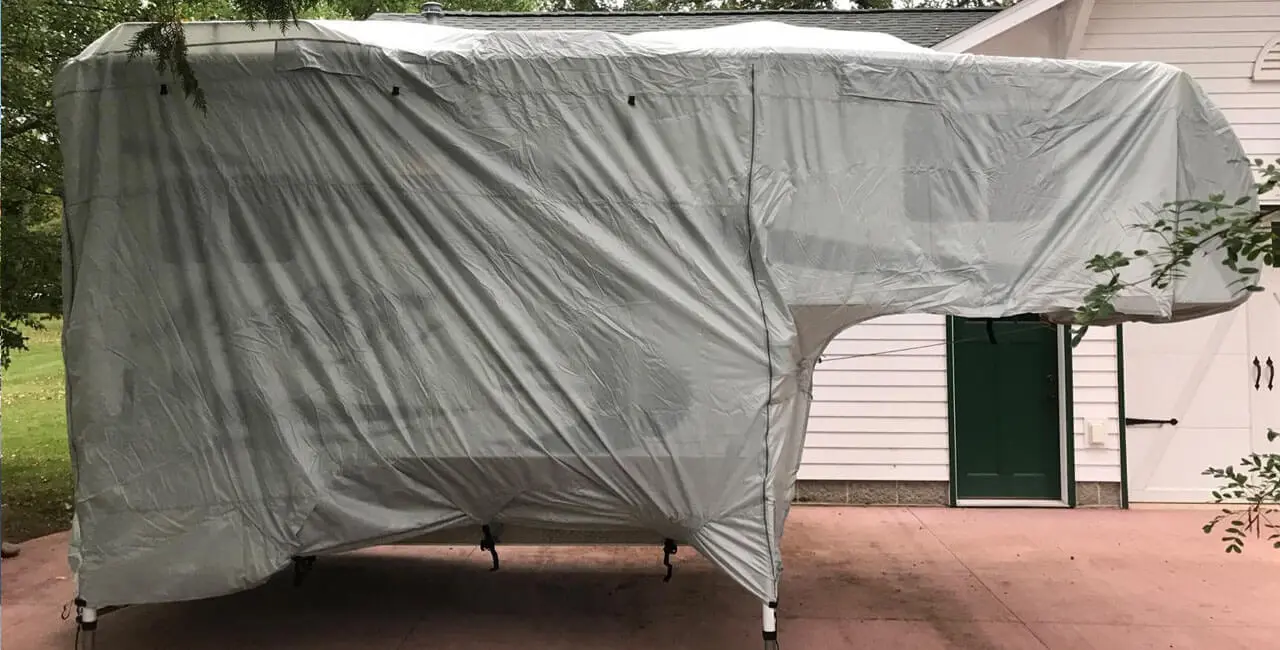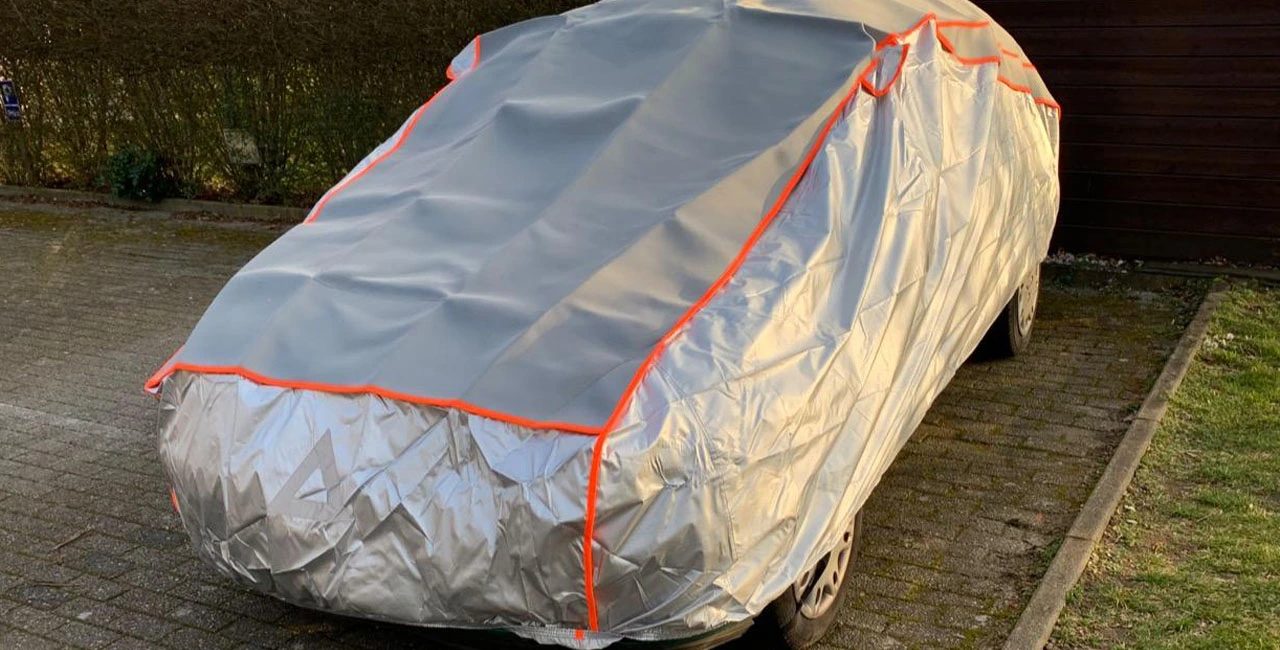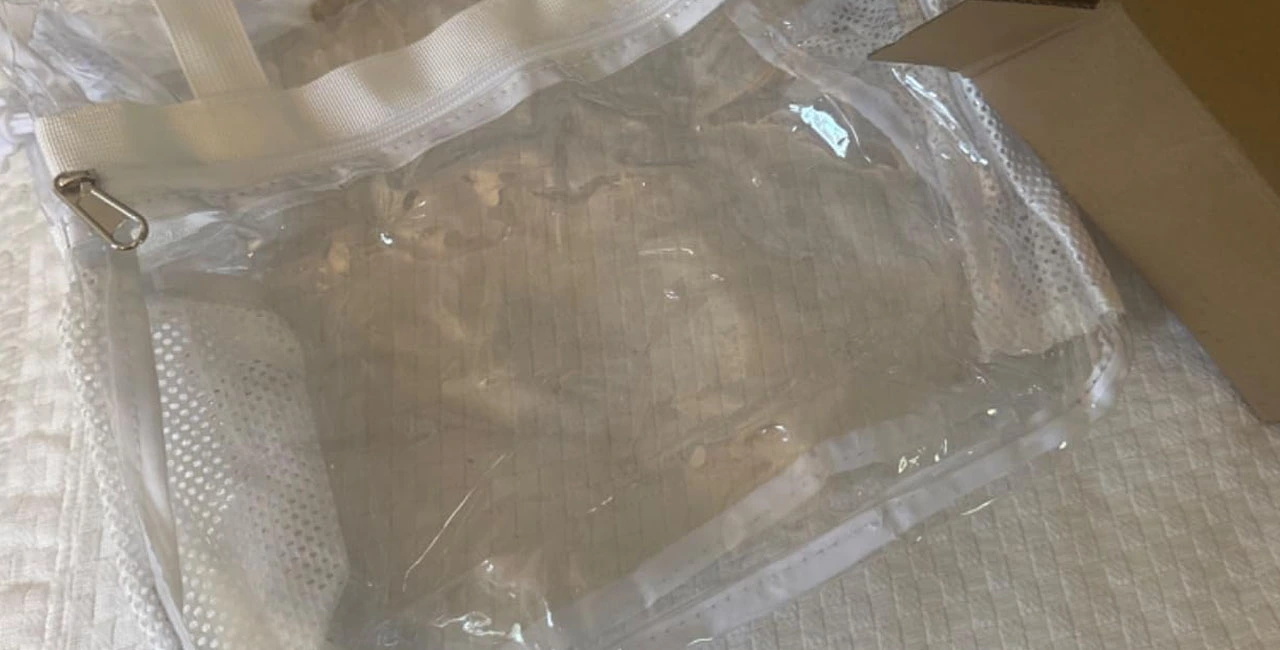
- Home
-
PRODUCTS
Vehicle Covers Watercraft Covers RV & Trailer Covers Powersports Covers Tire & Wheel Covers Patio & Furniture Covers Grill & Outdoor Cooking Covers Outdoor & Home Appliance Covers Stadium & Sports Equipment Covers Industrial & Heavy-Duty Covers Pet & Specialty Covers Nonwoven FabricSofa & Chair CoversPatio Furniture CoversOutdoor Seating CoversTable CoversOutdoor Cushion & Pillow CoversHome & Garden Equipment CoversWheelchair & Mobility CoversOutdoor & Storage CoversStorage & Utility Covers
- Company
- News & Updates
- Contact Us
×
 English
English  Deutsch
Deutsch  中文
中文


